Autism Employment Success Story
MEET BRIDGETTE
Activist of the Year; UN Panelist
Neurodiversity Consultant
Founder/Executive Director, Fish in a Tree (NEXT Grantee!)
Bridgette is an autistic adult who created her path to success as an entrepreneur. Learn more about this incredibly smart and savvy business owner and her achievements.
What inspired you to start your business?
One of the most powerful aspects of being my own boss is the autonomy to create a work environment that works for me instead of trying to squeeze myself into an environment that doesn’t. I set my own schedule based on my natural energy levels and executive functioning needs, allowing me to work with my brain rather than against it. I no longer have to force myself into sensory-hostile office spaces, exhausting social interactions, or rigid nine-to-five expectations. Instead, I get to design a work life that is fully aligned with my strengths, needs, and passions.
Beyond that, I love the impact I get to make. I’m not just running a business. I’m building a community, fostering connection, and helping people feel seen, valued, and empowered. I get to wake up every day and do work that matters, work that helps neurodivergent adults find belonging, validation, and the tools to navigate the world on their terms.
A significant part of my work is speaking engagements across the country, where I deliver keynote addresses, workshops, and seminars on neurodiversity, autistic adulthood, accessibility, and the lived experiences of late-diagnosed autistic individuals. Public speaking has become one of the most fulfilling aspects of my work, as it allows me to share not only research and best practices but also personal experiences that deeply resonate with audiences. My speeches and workshops range from large-scale keynotes at universities and conferences to specialized training sessions for educators, employers, and organizations seeking to create more inclusive environments. I see speaking as a powerful form of advocacy, as it enables me to reach a wide audience, challenge misconceptions about autism, and push for systemic change in real time.
Through these engagements, I have had the opportunity to collaborate with a wide variety of institutions, including universities, corporations, nonprofit organizations, and healthcare providers. Each event allows me to not only educate but also connect with other neurodivergent individuals who may be struggling with their identity, workplace challenges, or feelings of isolation. My goal in every talk is to offer validation, insight, and actionable strategies that empower neurodivergent people while helping allies and organizations better understand and support us.
What were the biggest challenges you faced in securing employment?
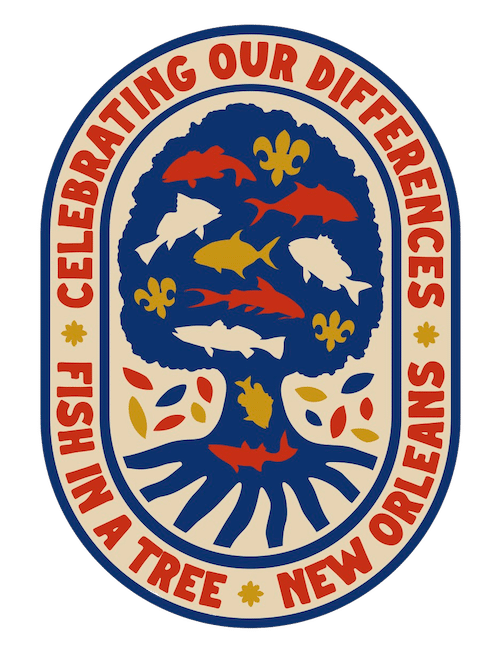
The biggest barrier, though, was the lack of understanding and accommodations. I faced sensory overwhelm in open-office environments, unspoken social rules that made workplace dynamics exhausting, punishment for needing structure, clarity, and direct communication, and ableism and stigma when I disclosed my ADHD and later, my autism. The final straw was when I disclosed my autism diagnosis to my boss, thinking it would lead to better understanding. Instead, I was fired less than a week later. That moment made it painfully clear that the system was not built for me and that if I wanted to thrive, I needed to build something new.
Through my work with Fish in a Tree, I have been able to advocate for neurodivergent individuals in ways I never imagined. One of the most meaningful moments in my journey was serving as the United States Representative to the United Nations for World Autism Awareness Day 2024. Speaking at the UN and sharing the realities of autistic lives—our strengths, our challenges, and the urgent need for systemic change—was a profound experience. It reinforced the importance of the work I do every day, not just at the grassroots level within my own community but also on a global scale. The opportunity to advocate on such an international stage was a reminder that our voices matter and that the neurodivergent community must be included in decisions that affect us. Being part of that conversation and pushing for more meaningful inclusion in policy, employment, and society as a whole was one of the most impactful moments of my career.
What advice do you have for other autistic individuals pursuing business ownership?
For other autistic individuals pursuing business ownership, my advice is to embrace your neurodivergence as a strength rather than a limitation. Our deep focus, pattern recognition, creativity, and unique ways of thinking are assets in entrepreneurship. We don’t need to change who we are to succeed; we need to build businesses that fit the way our brains work. It is essential to create a work environment that meets our needs. The beauty of being our own boss is that we can structure our work around our energy levels, executive functioning, and sensory needs. Whether that means setting flexible hours, using assistive technology, automating tasks, or working from a quiet space, we should do what works best for us.
Building a support network is crucial. Entrepreneurship can be isolating, and the world of business is still deeply neurotypical. Seeking out other neurodivergent entrepreneurs, mentors, and communities who understand our journey can make all the difference. It is also important to start small and iterate. There is no need for a perfect business plan to get started. Taking the first step, testing ideas, and refining them over time is often the best way forward. Many of the best businesses evolve based on real needs and experiences.
One of the biggest risks of entrepreneurship is burnout, especially for autistic people who are deeply passionate about their work. It is essential to build systems, routines, and boundaries that allow us to rest, recharge, and sustain our businesses for the long haul. It can be tempting to pour everything into the work, but without balance, it becomes unsustainable. Taking breaks, setting clear work hours, and knowing when to step back are just as important as putting in the effort.

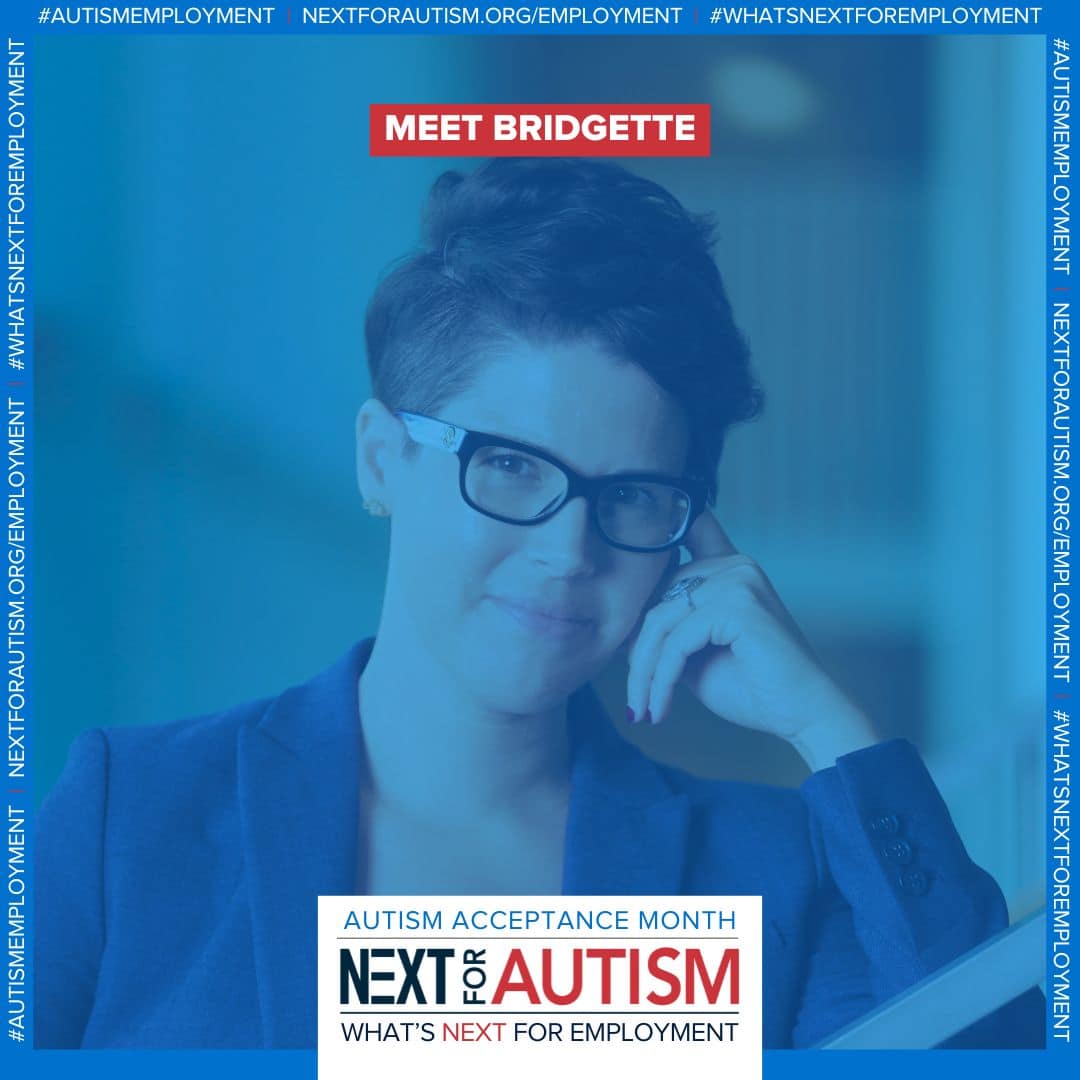
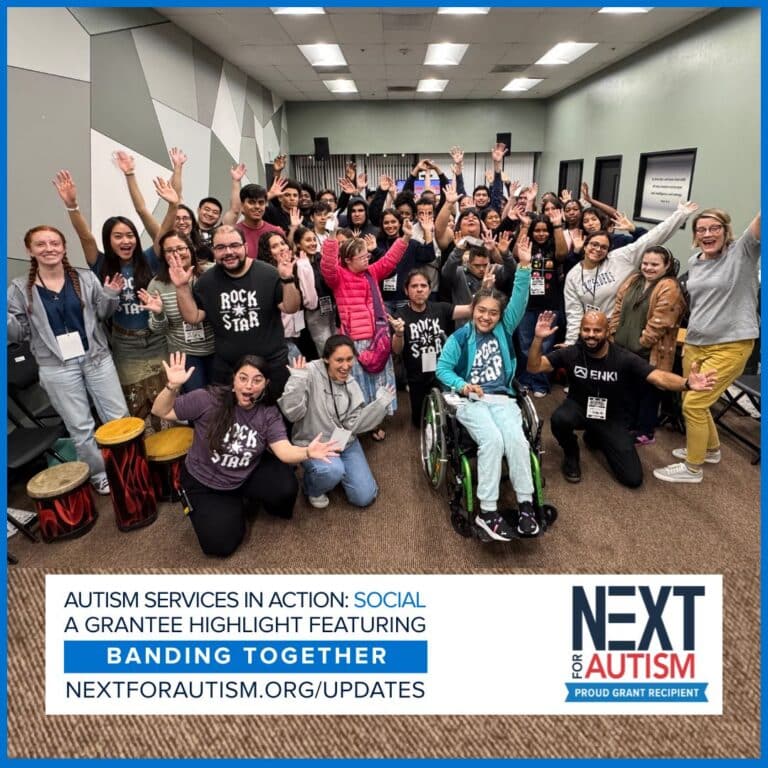
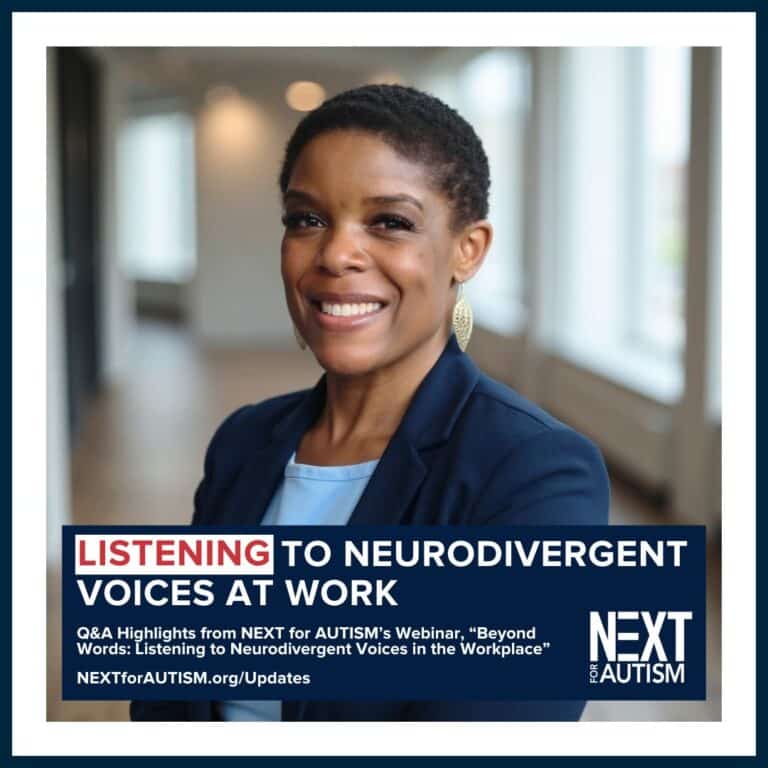


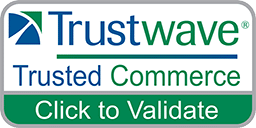
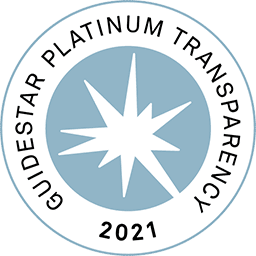
Leave a Reply